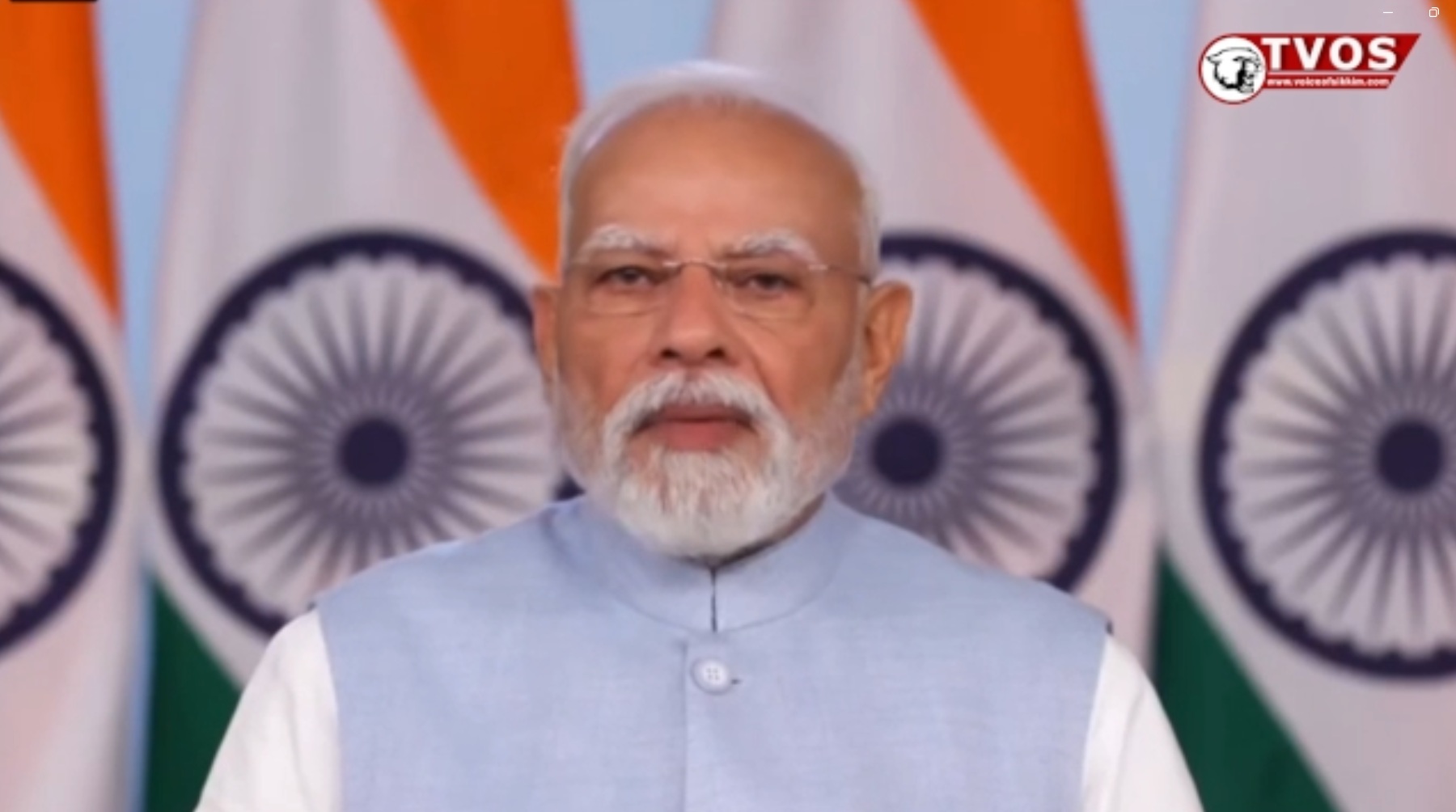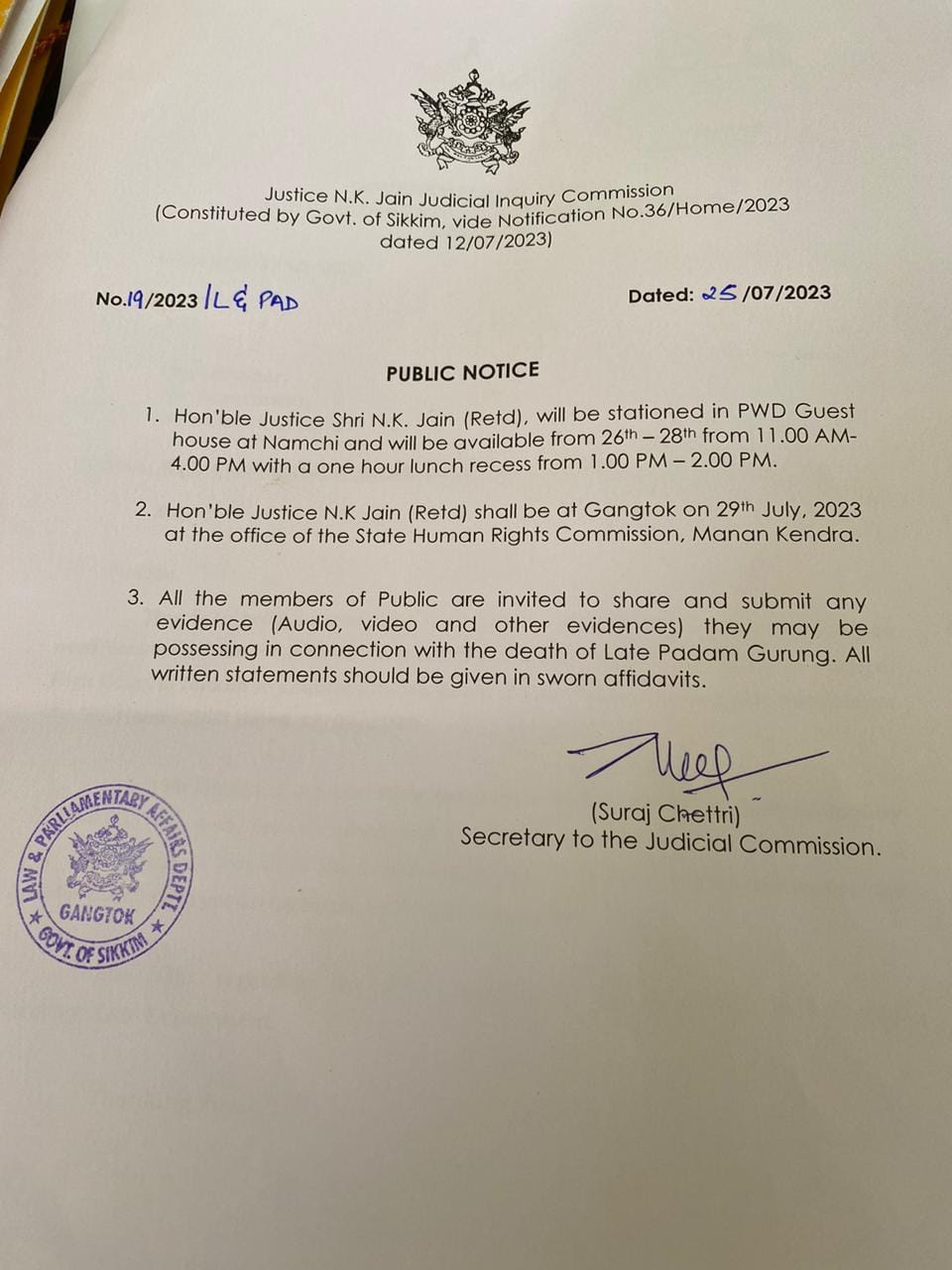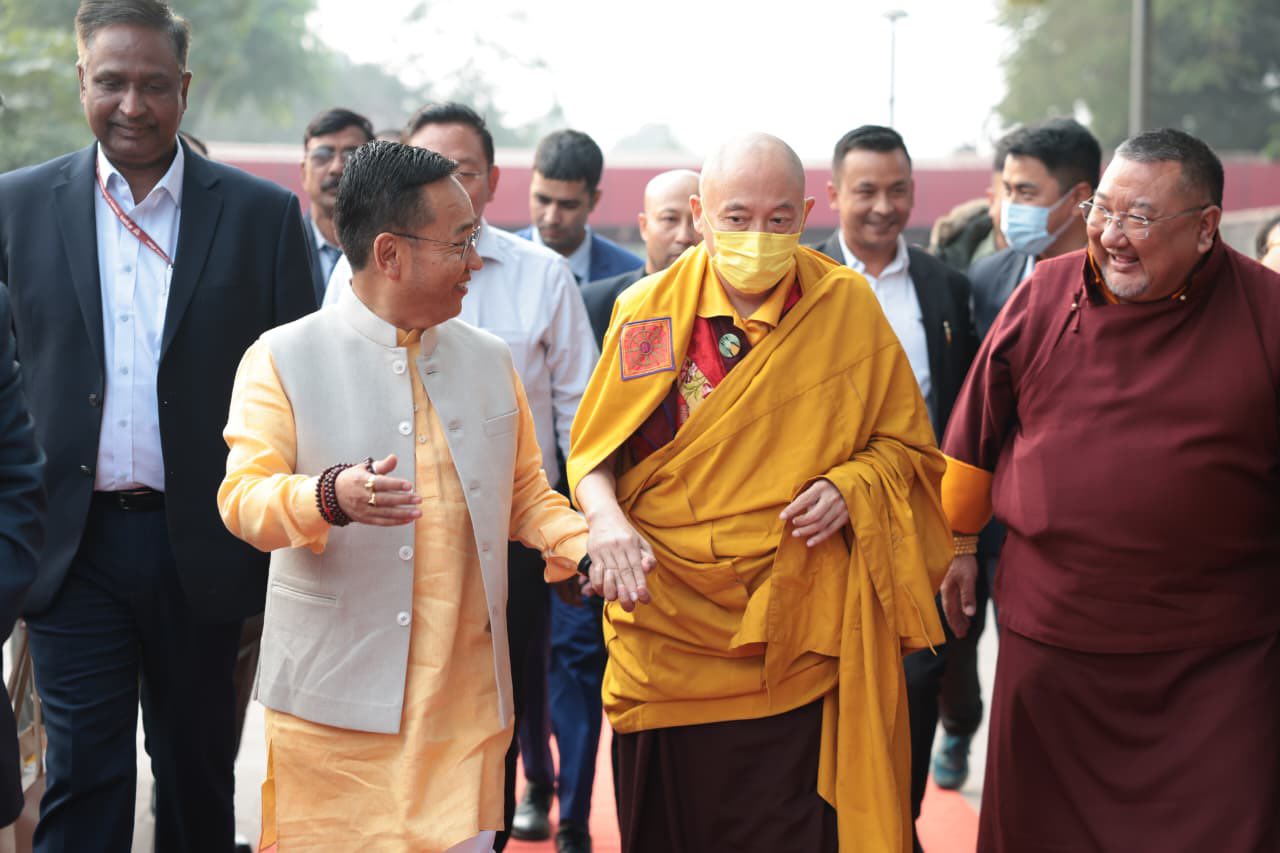
New Delhi , Sep 21 : In a special live address to the nation, Prime Minister Narendra Modi announced a significant new phase of Goods and Services Tax (GST) reform, set to begin tomorrow, the first day of Navratri. This next-generation reform, dubbed the ‘GST Bachat Utsav,’ aims to accelerate India’s growth story, boost investment, and increase savings for citizens.
The Prime Minister emphasized that this new reform is a crucial step towards creating an ‘Atmanirbhar Bharat’ (self-reliant India). He highlighted that this new phase will provide a “double bonanza” for the middle class, as essential items will now either be tax-free or subject to a maximum of 5% GST.
Liberating the Nation from a “Web of Taxes”
Reflecting on India’s pre-GST era, Modi recalled a complex and cumbersome tax system that included dozens of taxes like octroi, entry tax, sales tax, and VAT. He described how this “web of taxes” entangled traders and made the transportation of goods a major challenge.
To illustrate the severity of the issue, he recounted an anecdote about a foreign company that found it easier to ship goods from Bengaluru to Europe and then to Hyderabad rather than directly across the 570-kilometer distance within India. This complexity, he noted, burdened millions of companies and ultimately increased costs for consumers, particularly the poor.
The 2017 GST reform was hailed as a historic move that began to change this system, freeing consumers and businesses from complicated taxes. The new ‘GST Bachat Utsav’ is positioned as the next logical step in this journey of economic liberation.
MSMEs and Swadeshi Products at the Forefront
During his address, the Prime Minister expressed his high expectations for Micro, Small, and Medium Enterprises (MSMEs), calling them the “foundation” of India’s past prosperity. He urged them to play a pivotal role in the country’s economic resurgence, a theme that has been central to his ‘Make in India’ initiative.
Modi concluded his speech with a powerful call for pride in domestically produced goods. He stated that the quality of Indian products should make the nation proud, asserting that prioritizing ‘Swadeshi’ goods will ultimately increase the country’s prosperity.





